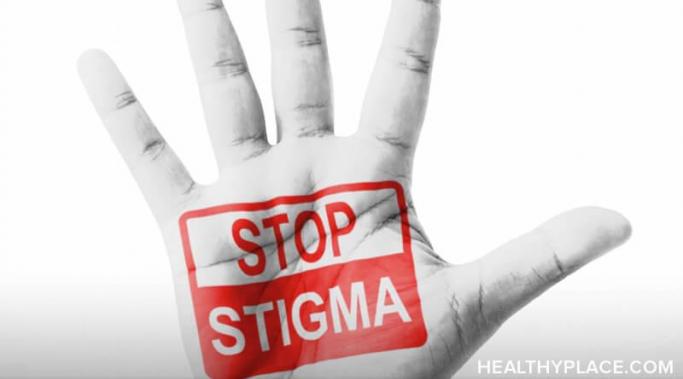Blogs
Distraction from depression is a great way to cope with the mental illness. Yes, distraction can be considered a bad thing. It can keep us from focusing on the right things and from achieving our goals. But, I’ve found that distraction from depression is one of my best coping tools. Here is how distraction helps with depression.
Sadly, there are times when love isn't enough in a relationship. There is a song that sometimes plays in my head. It is by Patty Smyth and Don Henley, and it is called Sometimes Love Just Ain't Enough. It is hauntingly beautiful, speaking of love and loss, and of when to give up in a relationship. It speaks to when love isn't enough in a relationship.
What should you do if you think your loved one has borderline personality disorder (BPD)? As I write More than Borderline, I write it from different perspectives and with different life experiences. I write it as a young woman living with diagnosed borderline personality disorder. I also write it as a woman who has loved many with BPD and who has had friends, acquaintances, and loved ones throughout my life that have displayed BPD symptoms. It’s touched my life in numerous ways. Without help, I know it’s a challenge to live with it; I know it’s a challenge to love someone with it. It’s especially challenging when we live in a society that doesn’t talk about mental illness enough and loved ones can feel just as frustrated and hopeless. As I’ve been more public about my diagnosis, many loved ones of those with BPD have reached out to me with questions about what they can do. In the spirit of Mental Health Awareness Month, I’ll be breaking down some helpful considerations into a two-part post on loving someone with borderline personality disorder. So, what should you do if you think your loved one has BPD?
I have real problems trusting myself because I have schizoaffective disorder. which often makes me feel that I can’t trust my own mind, my own thoughts and my own decisions. It’s very scary to live this way, and it puts a lot of pressure on my friends and family because I’m always asking for their opinions and advice about seemingly trivial issues. “Do you see that stain on my shoe?” “Do I smell weird?”
How can there be invisible self-harm? Self-harm is assumed to be apparent to the eye — a reasonable assumption given that self-harm is a physical act performed on the physical body and that self-harm is used at times as a way of making invisible, psychic pain visible and concrete. But not all self-harm can be seen. Invisible self-harm is just as dangerous as visible self-injuries.
I know a great deal about eating disorders now, but wish I'd known more when I was younger. There is no shortage of hard truths and stark realities I wish my younger self recognized about eating disorders. Seriously—the list goes on and on and on. I was eight the first time I felt aware of disgust for my own body, and I was 13 when I started acting on that sensation. I was a wounded adolescent, raging at the world and grasping for a "fix" to narcotize the chaotic self-hatred and utter lack of control I endured on the inside. I had no language to express the hurt I was suffering and no framework to process the behaviors I felt drawn to. I could never have predicted that flirting with the notion, "I'll just lose a few pounds," would nosedive into a pattern of destruction which tyrannized me for 15 years (What Are Eating Disorders?). But in retrospect, all the hazard lights were flashing, had I only paid attention. So here's what I know about eating disorders now, but wish my younger self knew then—and what I hope to share with you if that is your struggle too.
Both children and adults with attention-deficit/hyperactivity disorder are more prone to getting into accidents than the average person. Someone I know who has ADHD almost fell off of a climbing wall and later flipped onto his helmeted head from a bicycle, both during gym class. Several studies have shown that drivers with ADHD are perhaps 50% more likely to get into car accidents than those without the condition.1 There are a number of reasons for these results, and, fortunately, a few things that can be done to address these risks.
What was the last difficult task that you neglected to complete because it was distressing to think about? Perhaps you recently avoided studying for a test or looking at a new bill. Whatever it was, neglecting these difficult tasks can have negative consequences. For tips on how to make difficult tasks easier to accomplish, read this article.









